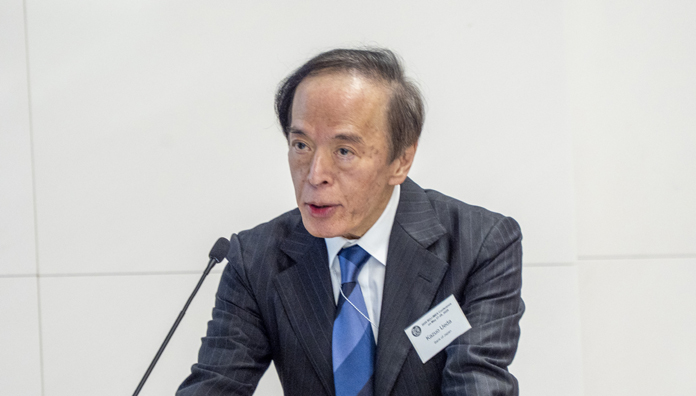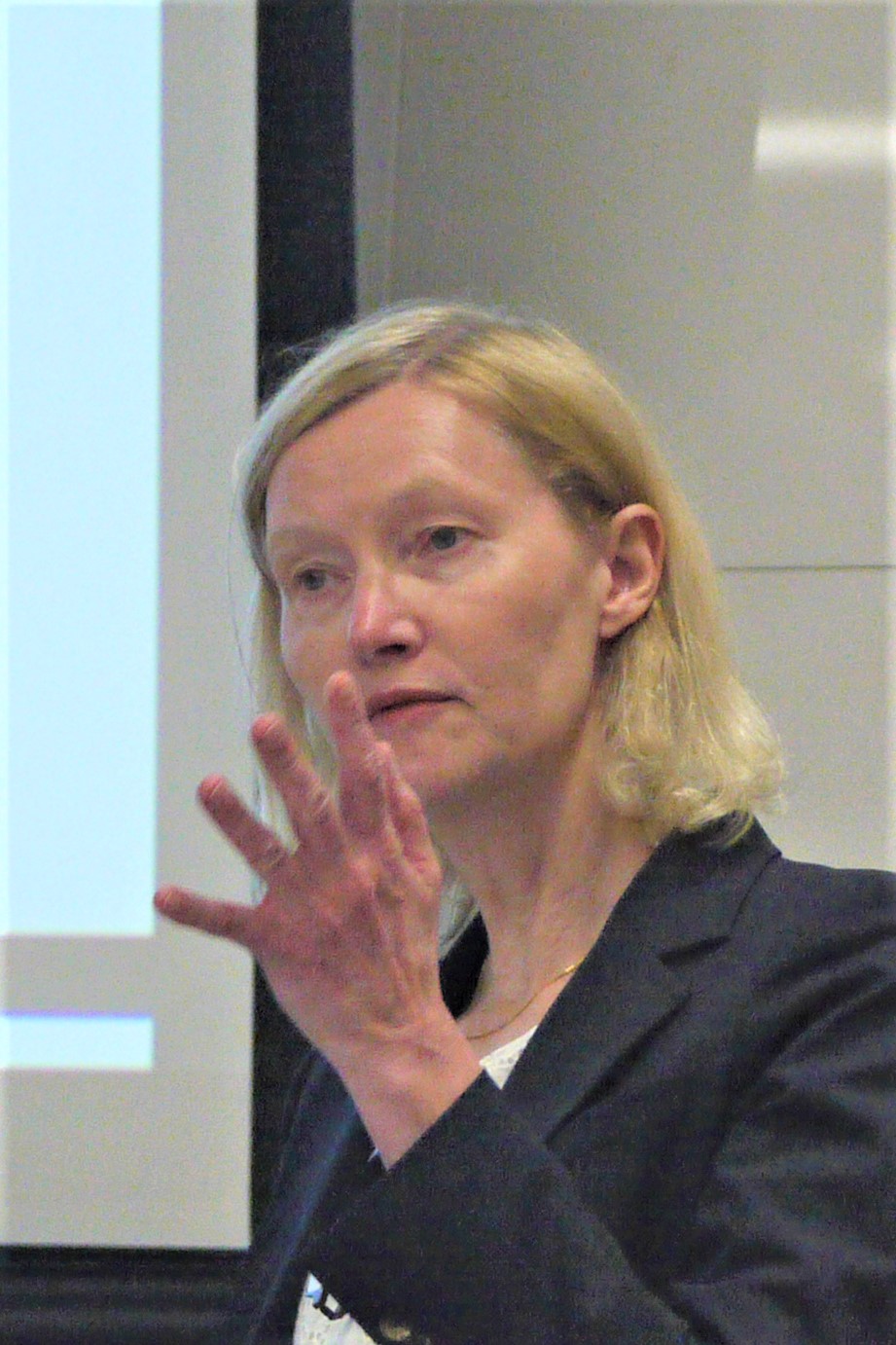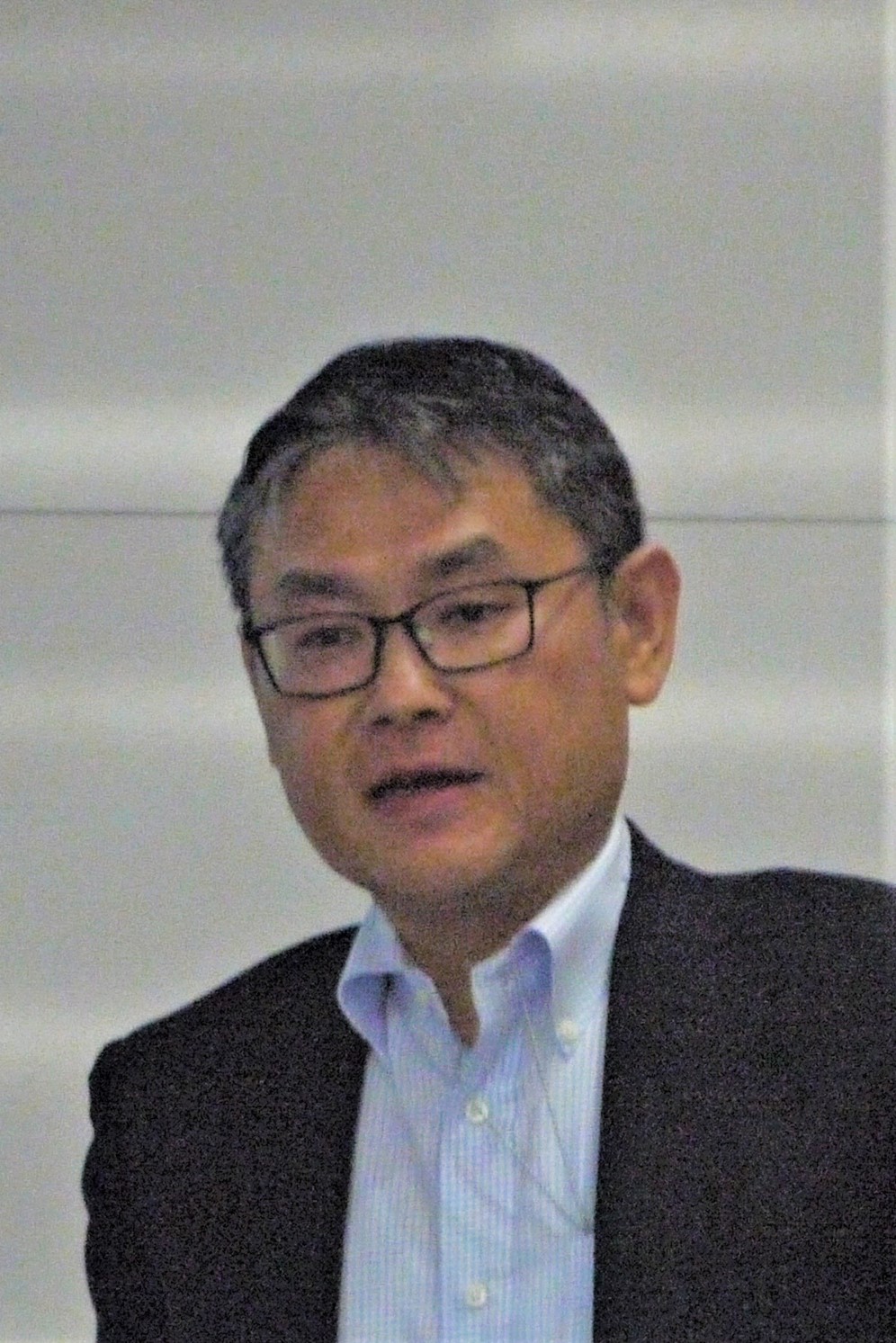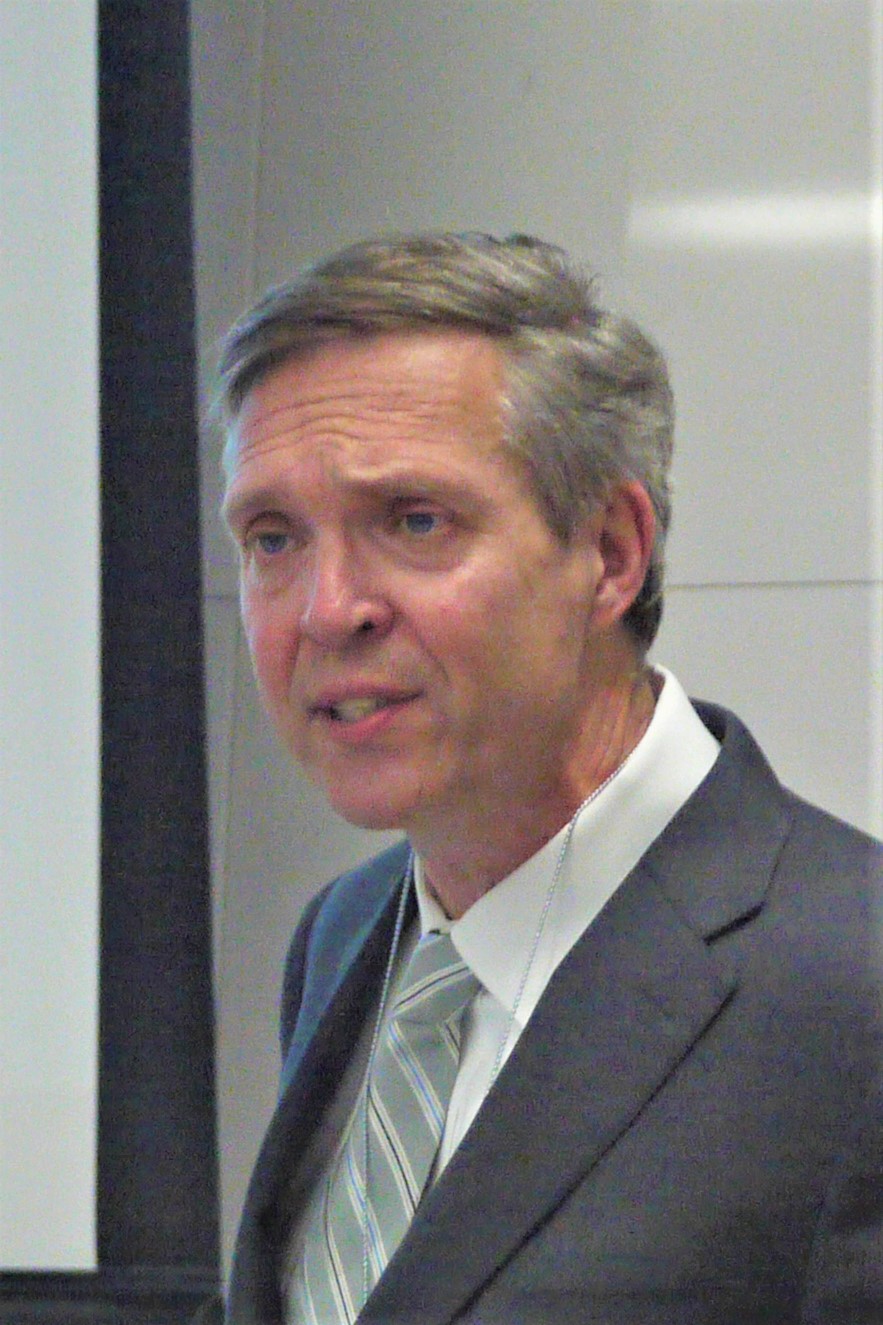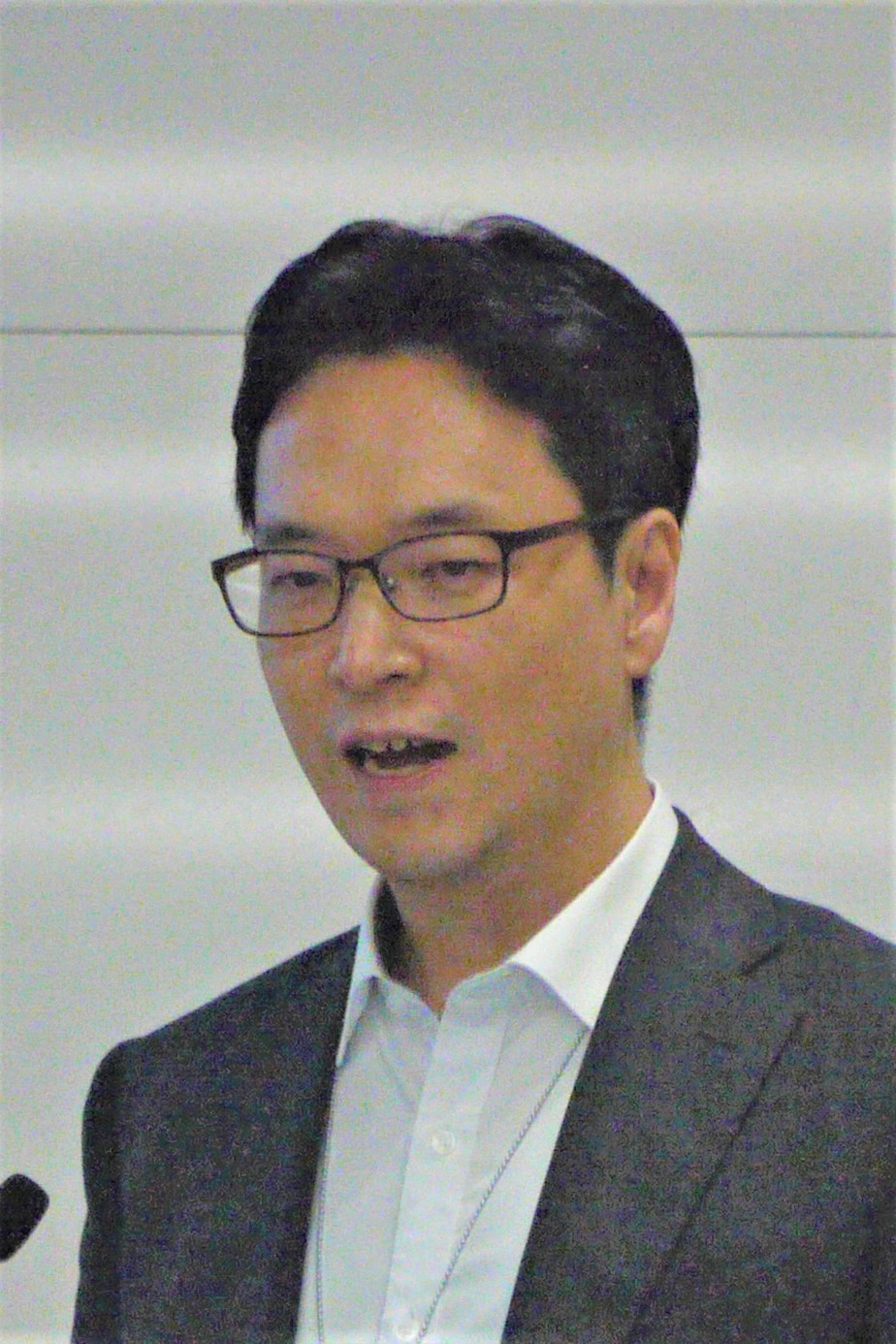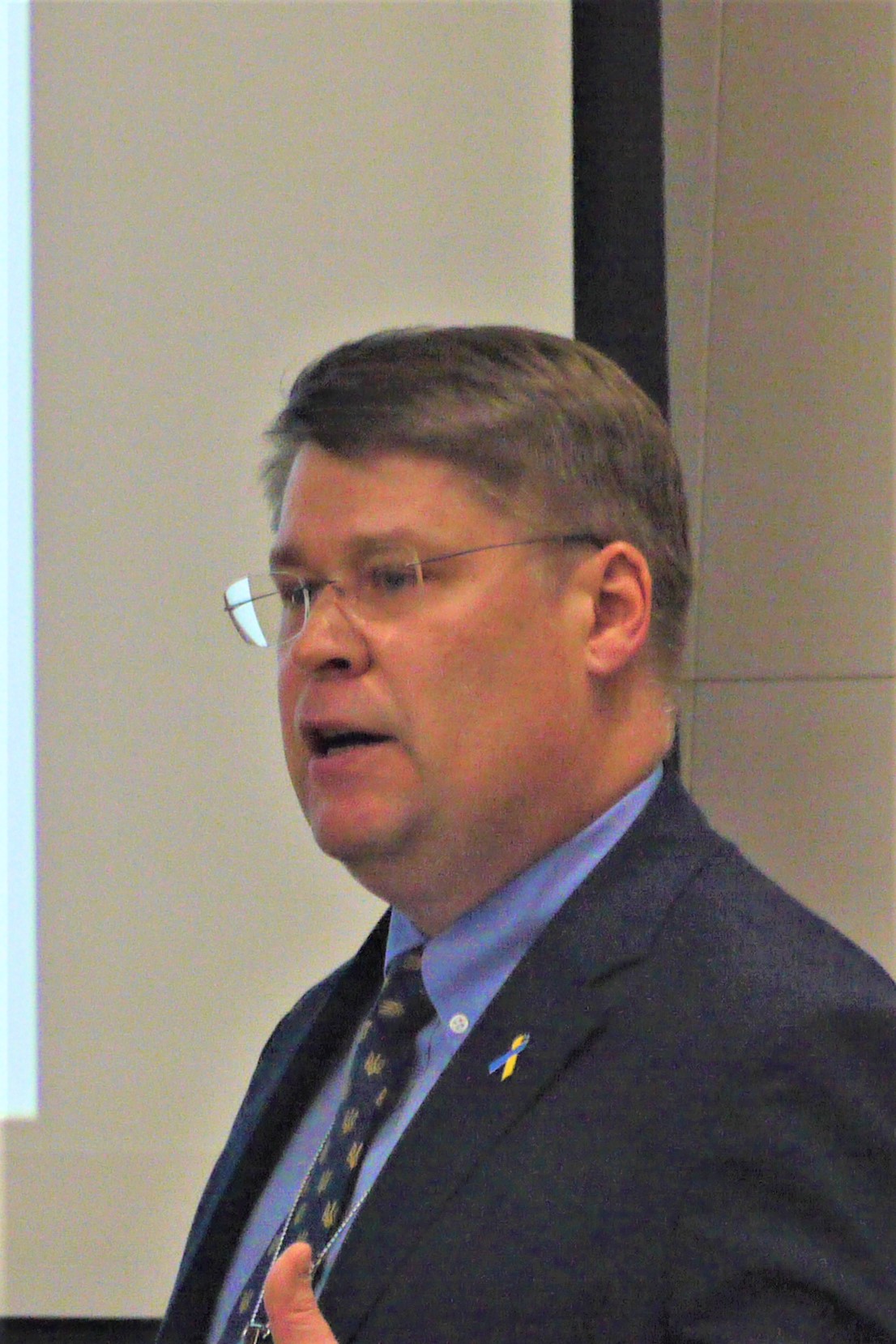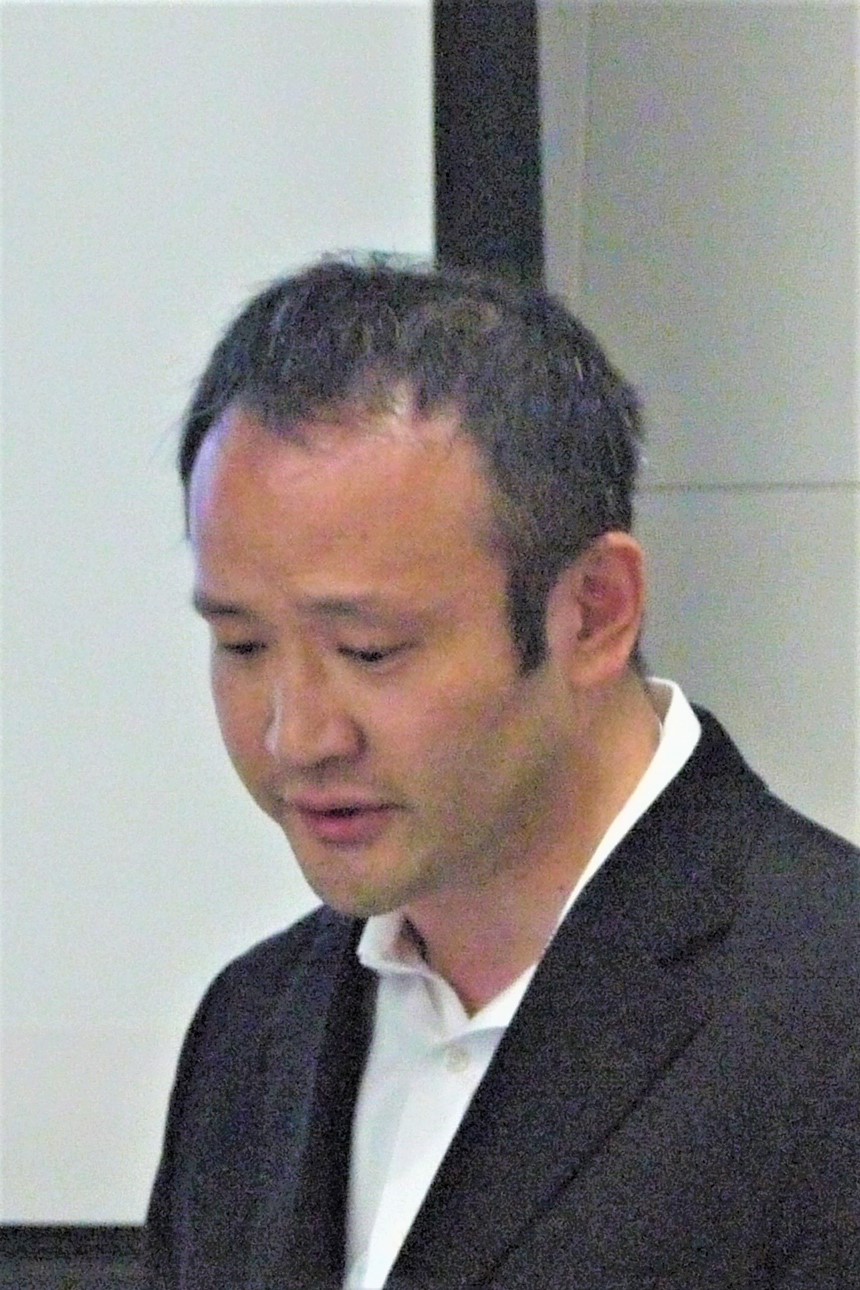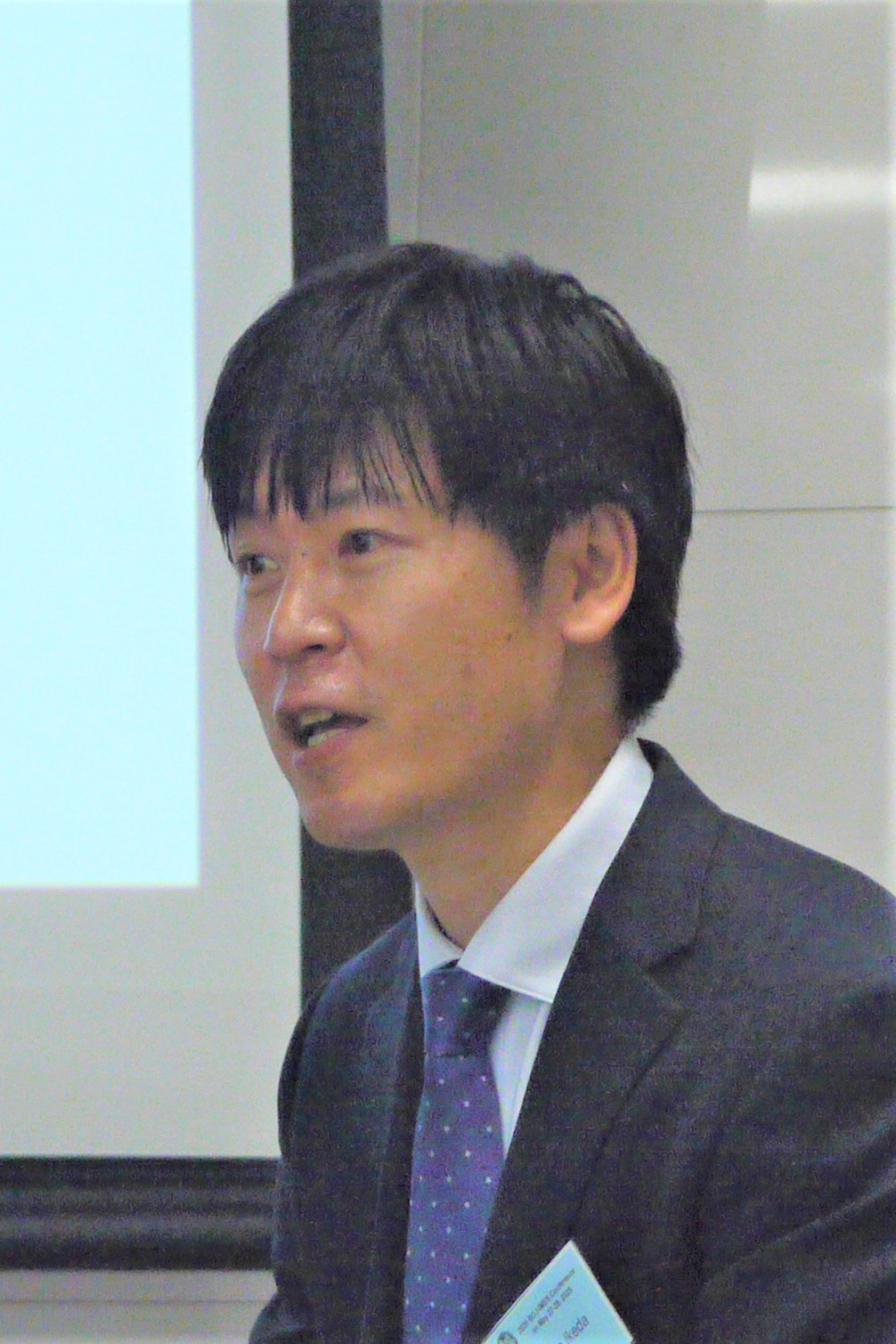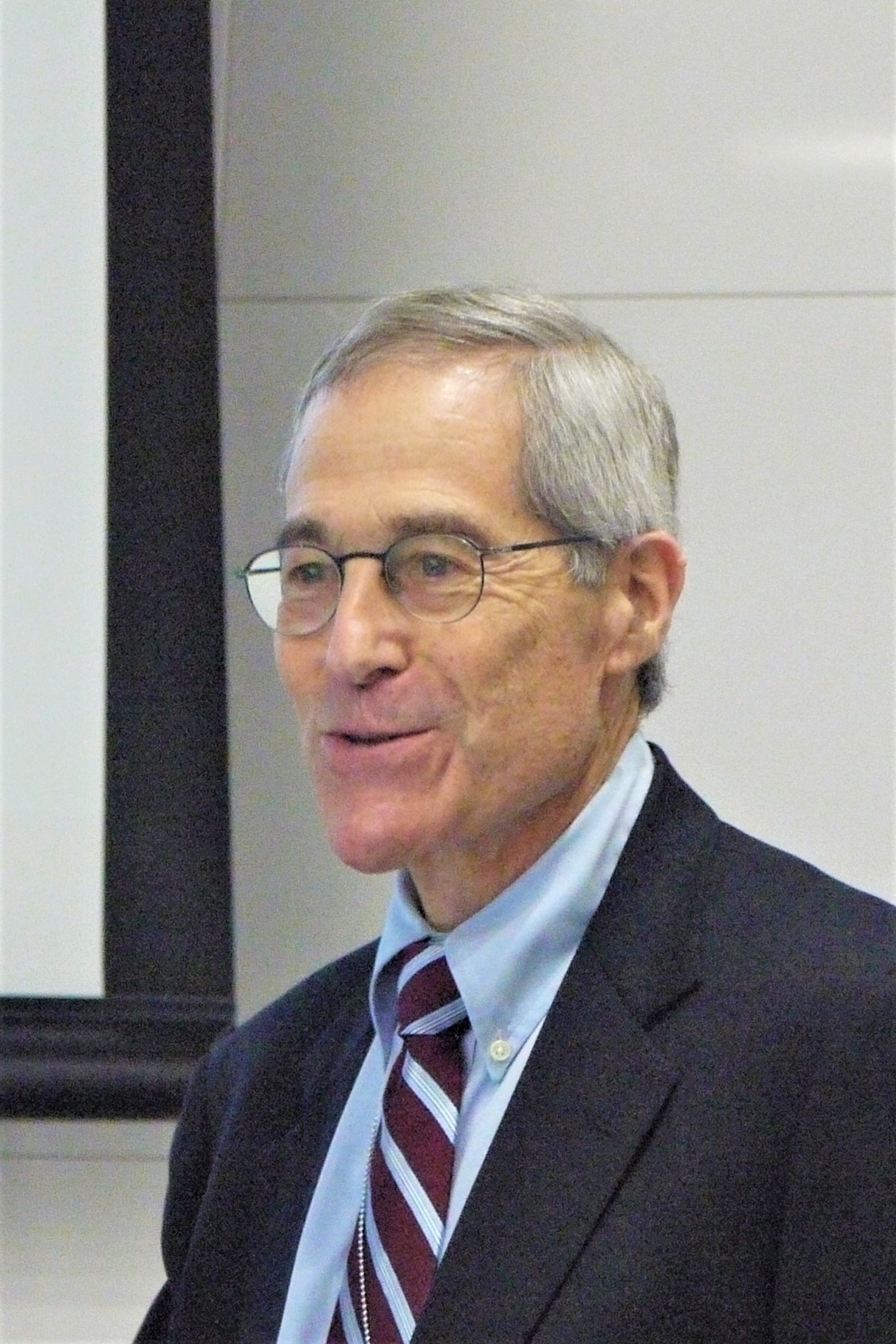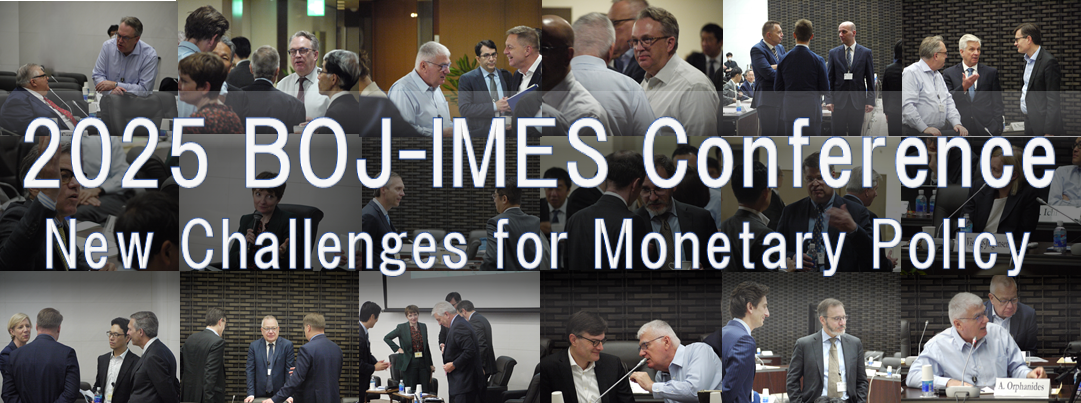
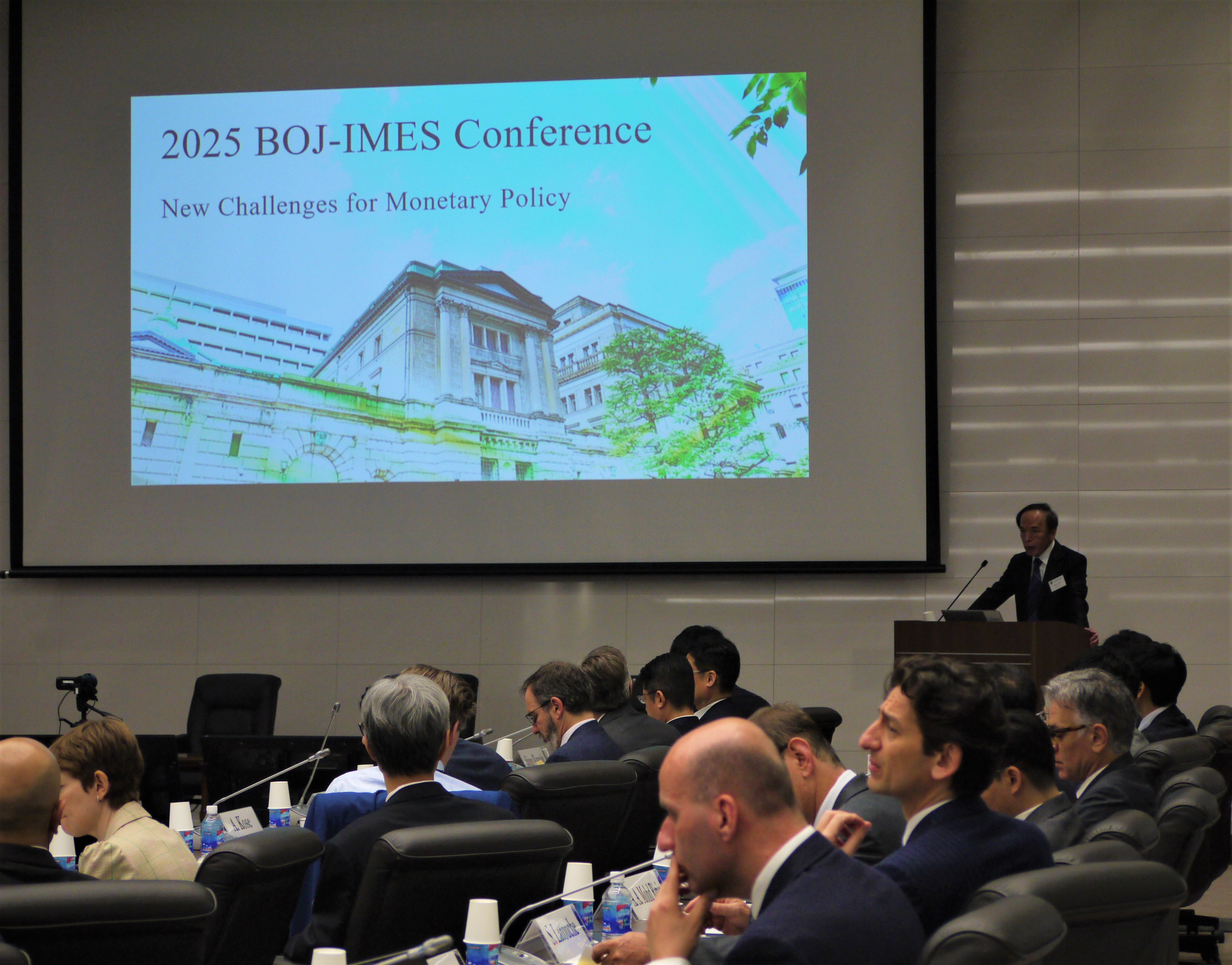
The Institute for Monetary and Economic Studies (IMES) of the Bank of Japan (BOJ) held the 2025 BOJ-IMES Conference on May 27 and 28. This year marked the 30th edition from its start in 1983. There were about 90 participants from central banks, international organizations, and academia. Under the conference theme of "New Challenges for Monetary Policy," wide ranging topics from the conduct of policy to economic analyses were discussed through speeches, paper presentations, a fireside chat, and policy panel discussions. [Program]
1. Opening Remarks
Governor Kazuo Ueda (BOJ) shared some thoughts on challenges for monetary policy in Japan. He explained the current state of inflation rates and said that since 2021, Japan had seen a surge in inflation after the euro area and the US, and the inflation rate has recently picked up again, driven by food price increases.
He mentioned that Japan’s policy rate remained the lowest among the three economies. He then posed the question: Why has the Bank maintained such an accommodative stance, even after three years of inflation exceeding 2%? He said it was because underlying inflation remained below 2%.
He continued that there was no perfect data series that captures underlying inflation, but that one variable the Bank closely monitors to assess underlying inflation was inflation expectations. He said that these now stood between 1.5-2.0%--the highest in 30 years, though still below the 2 percent target. He explained that this was why the Bank was still taking an accommodative policy stance, to re-anchor expectations at 2%.
He pointed out that communicating this policy stance has been difficult, due to the persistent gap between headline inflation, to which the public pays attention, and underlying inflation, to which central banks respond. He added that this gap would likely remain a major focal point for many central banks as supply shocks became more frequent globally.
He concluded his remarks by hoping that the discussions at the conference would offer valuable insights for the global central banking community on critical issues such as the measurement of underlying inflation and inflation expectations, how to communicate policies, and managing monetary policy under frequent supply shocks.
【Next】Mayekawa Lecture
To Prev.
2. Mayekawa Lecture
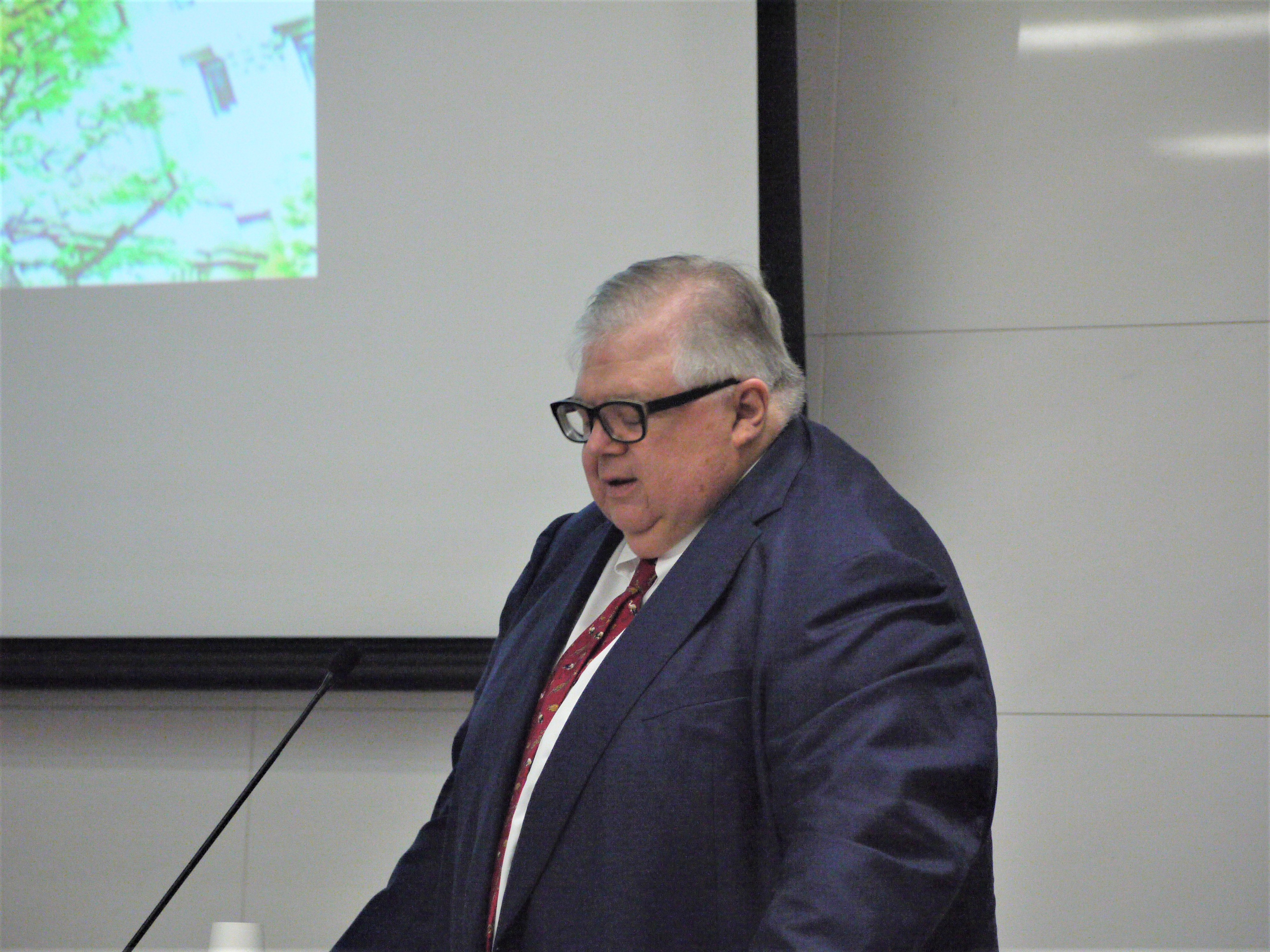
General Manager Agustín Carstens (Bank for International Settlements) delivered a lecture on the importance of trust in public policy, drawing on his experience of numerous economic and financial crises.
He first identified two key lessons learned from several crises. The first is that crises are costly and best avoided. The second is that economies and financial markets always evolve. He said that policies and frameworks that seem appropriate today would ultimately need to change, perhaps very quickly.
He then emphasized the importance of trust. He explained that if the public trusts authorities' actions, they would incorporate those actions into their own behavior, and they would be more willing to accept measures that call for short-term costs but deliver long-term benefits. He emphasized that trust underpinned the effectiveness and legitimacy of policies.
He said that there was a positive feedback loop in the dynamics of trust. He explained that effective and legitimate policies made it easier for the authorities to achieve their objectives, thereby building trust and producing a virtuous circle. However, he warned that this dynamic could also work in the other direction, and hence preserving credibility was a constant challenge. He then stressed that trust in the various aspects of macroeconomic policy - monetary, financial stability and fiscal - was closely interrelated.
He emphasized that expecting policymakers to deploy extraordinary policies to every challenge would erode public trust and that building resilient and robust economies and financial systems would best make policies effective.
【Next】Keynote Speech
To Prev.
3. Keynote Speech
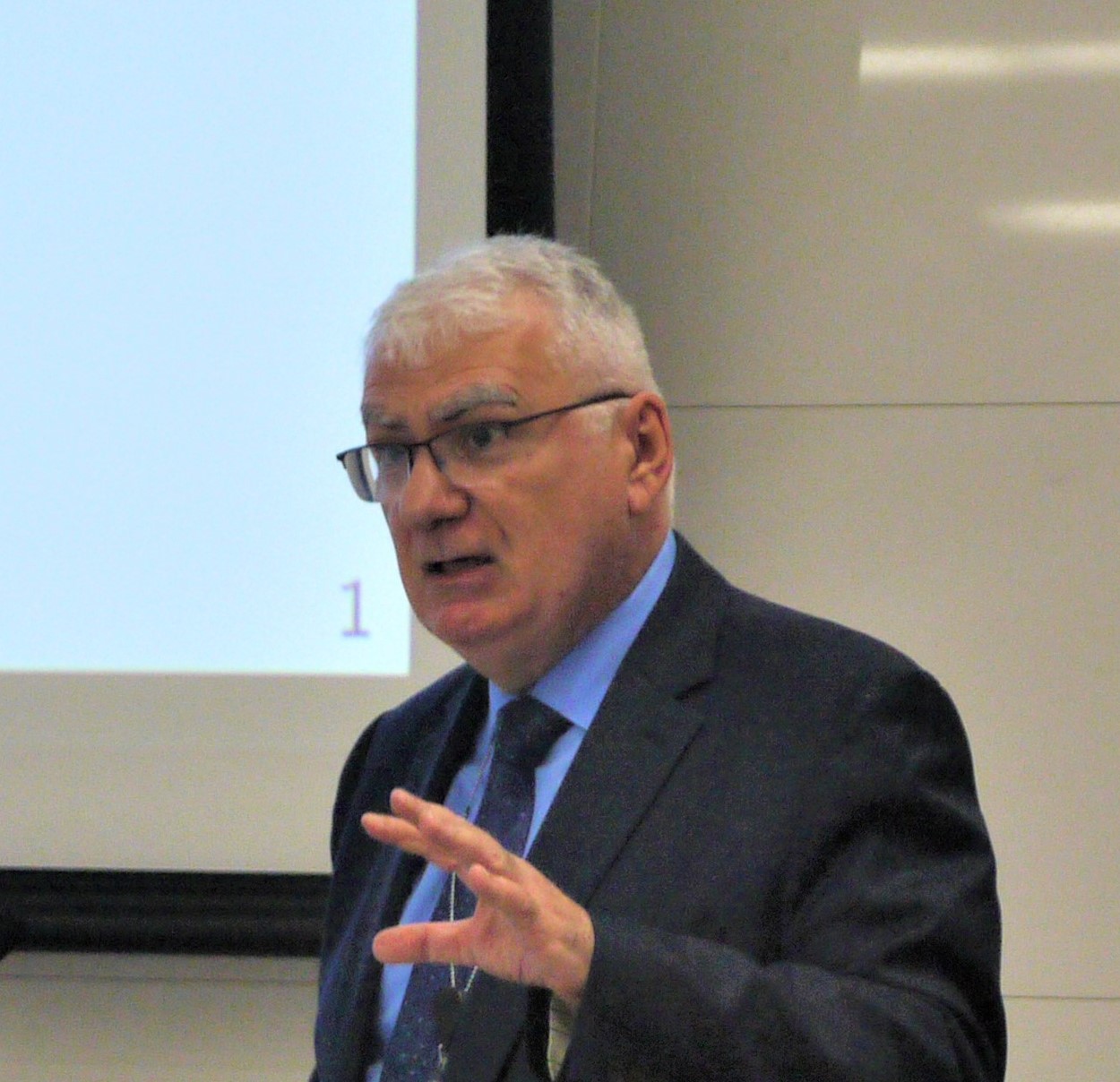
Professor Athanasios Orphanides (Massachusetts Institute of Technology, Honorary Adviser to the IMES) discussed how policy frameworks could be improved by incorporating simple policy rules.
First, he highlighted two interrelated challenges for monetary policy and its communication: the pretence of knowledge; and the proclivity for discretion.
He then discussed the desirable characteristics of simple rules. He said that simple rules are useful if they preserve price stability over time in line with a central bank's target, if they are somewhat countercyclical, and if they are more robust to imperfect knowledge.
Using real-time data and projections for the United States, he then demonstrated that an illustrative simple rule could broadly capture the evolution of the US policy rate until 2019 but pointed to a significant discrepancy with actual policy in 2021 and early 2022. This was an example of how guidance from a rule would have helped the Fed avoid keeping the policy rate too low for too long.
Finally, he concluded his speech by summarizing main advantages of communicating a benchmark policy rule: a rule can build trust in central banks, protect against major policy mistakes, and promote systematic policy; a rule does not rule out discretionary action, when circumstances warrant, but places a premium on explaining discretion; publishing the policy rate calculated by a rule in real time provides guidance on the policy rate that is explicitly conditional on the evolution of the outlook, thereby improving the central bank's communication.
【Next】Fireside Chat
To Prev.
4. Fireside Chat
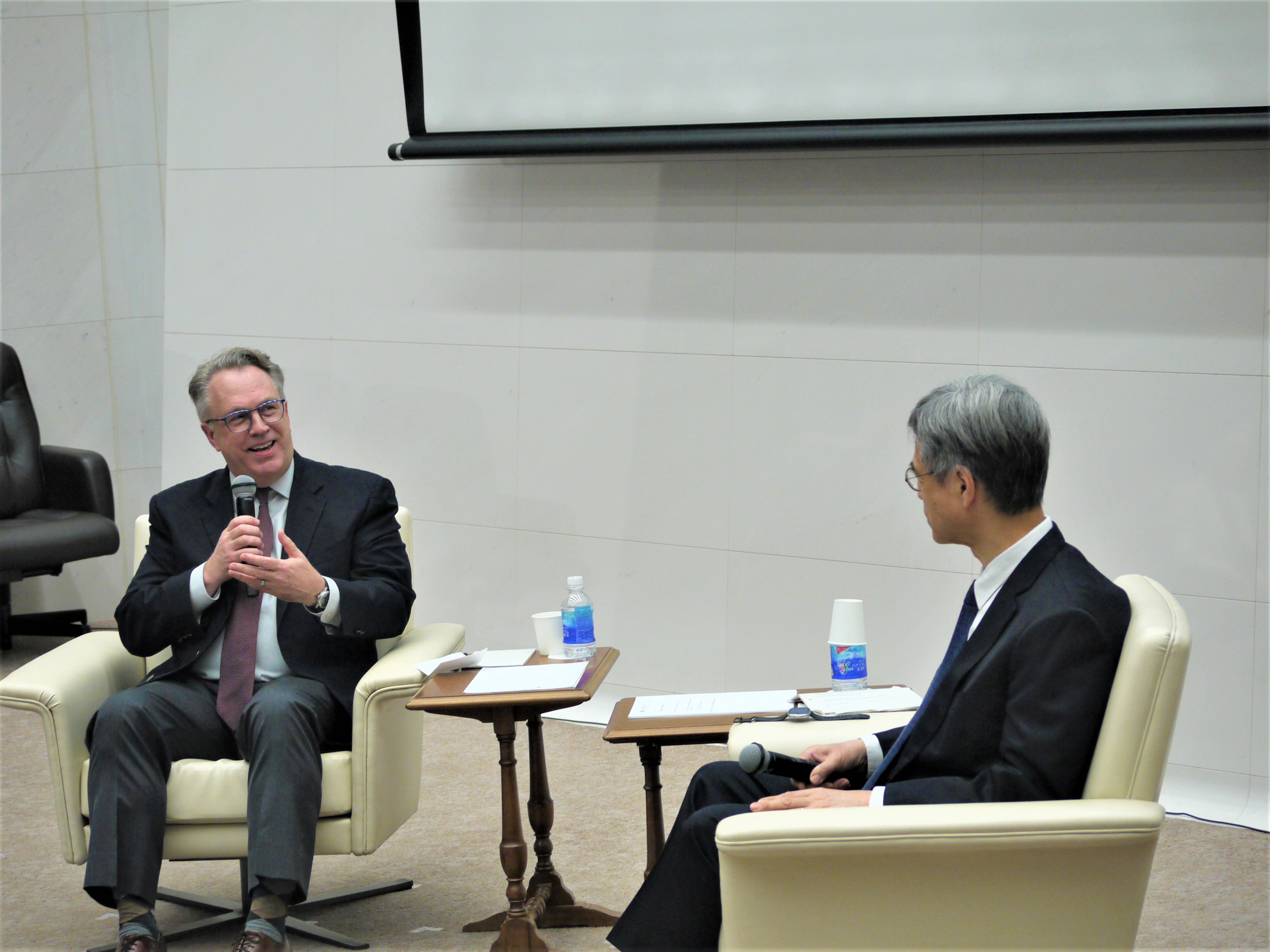
Deputy Governor Ryozo Himino (BOJ) hosted the fireside chat and welcomed President John Williams (Federal Reserve Bank of New York) as guest speaker. Mr. Himino asked several questions, and in response Dr. Williams first discussed monetary policy under high uncertainty. He pointed out that a policy that is optimal in one economic model might perform poorly in another model. He argued that, in the face of high uncertainty, it was better not to try to find the optimal policy, but rather to think of an approach that will work well in multiple scenarios.
Next, he discussed inflation expectations. He argued that the low and stable inflation rate in the US in the decades before the pandemic had been influential in shaping inflation expectations. He noted that people's perceptions of inflation had changed over the past five years, and that the distribution of inflation expectations among generations which had experienced low inflation before had shifted upwards. He warned that inflation expectations could therefore shift in detrimental ways, and well-anchored inflation expectations should not be taken for granted.
He turned to r-star and discussed how it could be affected by global factors. He said that AI could boost productivity growth and potentially increase r-star, while some other factors, such as changes in trade policy, could bring down r-star. He added that it was hard to determine which factors were dominant.
Finally, he reflected on the heightened volatility of asset prices in April 2025. He noted that trade policy announcements had shocked the US markets, but there was no market dysfunction. He said that it was different from March 2020, when there was a dash for cash, and that there were no issues in the repo or the uncollateralized call markets.
【Next】Paper Presentation Sessions
To Prev.
5. Paper Presentation Sessions
In the paper presentation sessions, four papers were presented on theoretical and empirical analyses of inflation and monetary policy. Candid discussions took place among presenters, discussants, and floor participants.
【Next】Policy Panel Discussions
To Prev.
6. Policy Panel Discussions
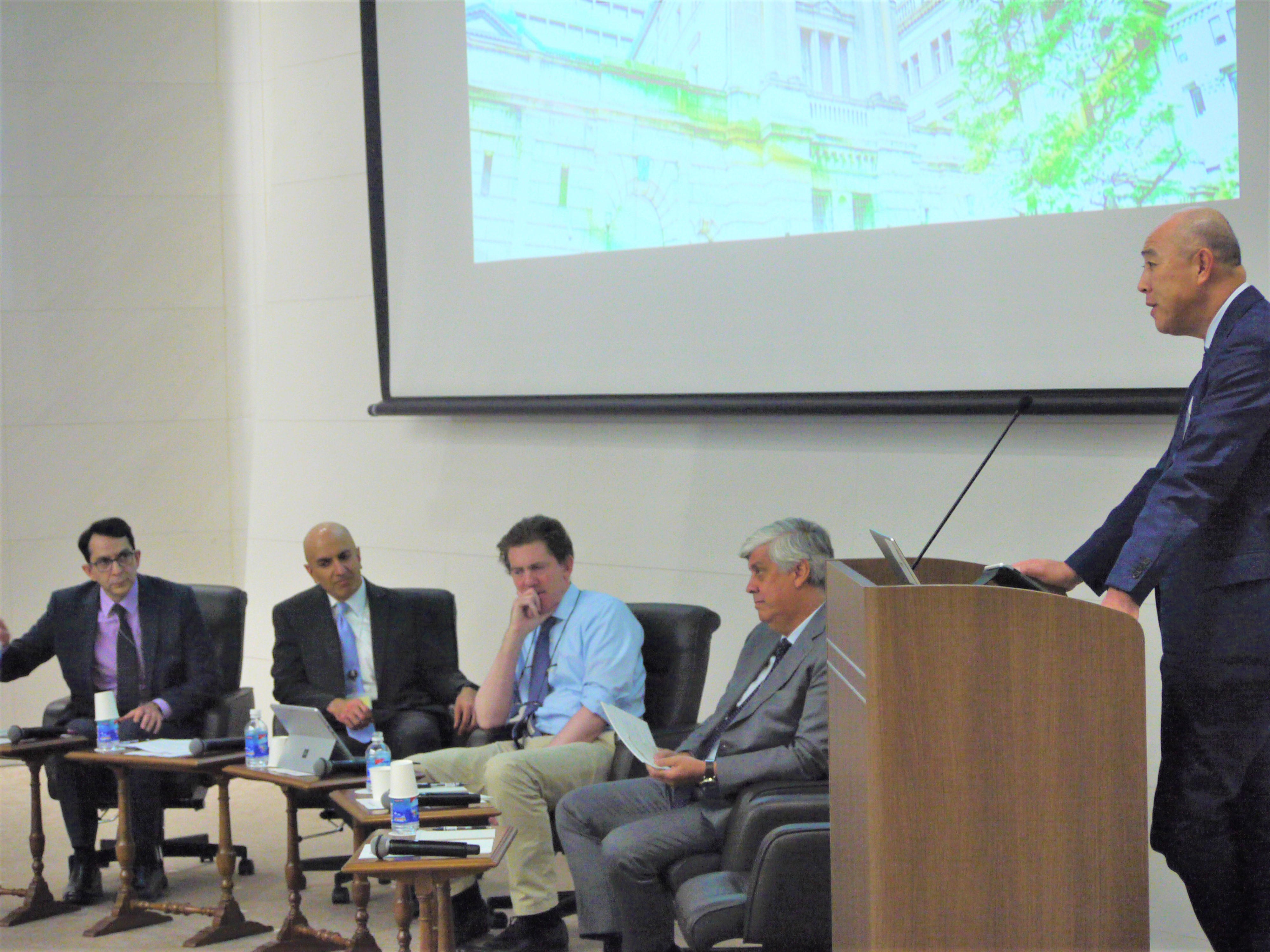
This conference had two policy panel sessions, one on "the uncertain economy" and another on "the global economy," in line with the conference theme "New Challenges for Monetary Policy."
The first panel discussion, on "the uncertain economy," was moderated by Takeo Hoshi (Professor, The University of Tokyo, Chief Councillor to the IMES), and featured four panelists: Mário Centeno (Governor, Banco de Portugal), Andrew Hauser (Deputy Governor, Reserve Bank of Australia), Neel Kashkari (President and Chief Executive Officer, Federal Reserve Bank of Minneapolis), and M. Ayhan Kose (Deputy Chief Economist and Director of the Prospects Group, The World Bank Group). They discussed monetary policy challenges in an uncertain economy.
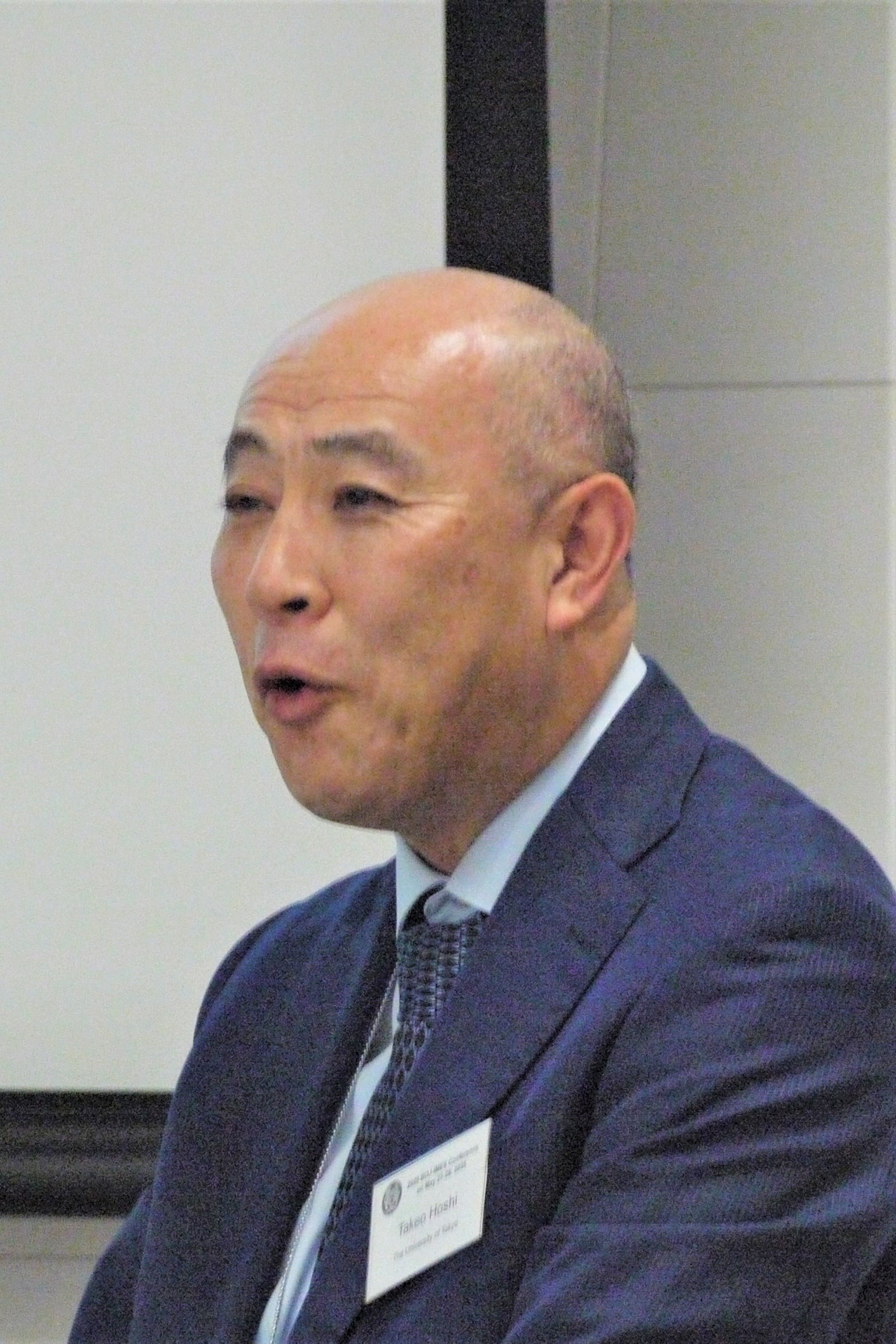
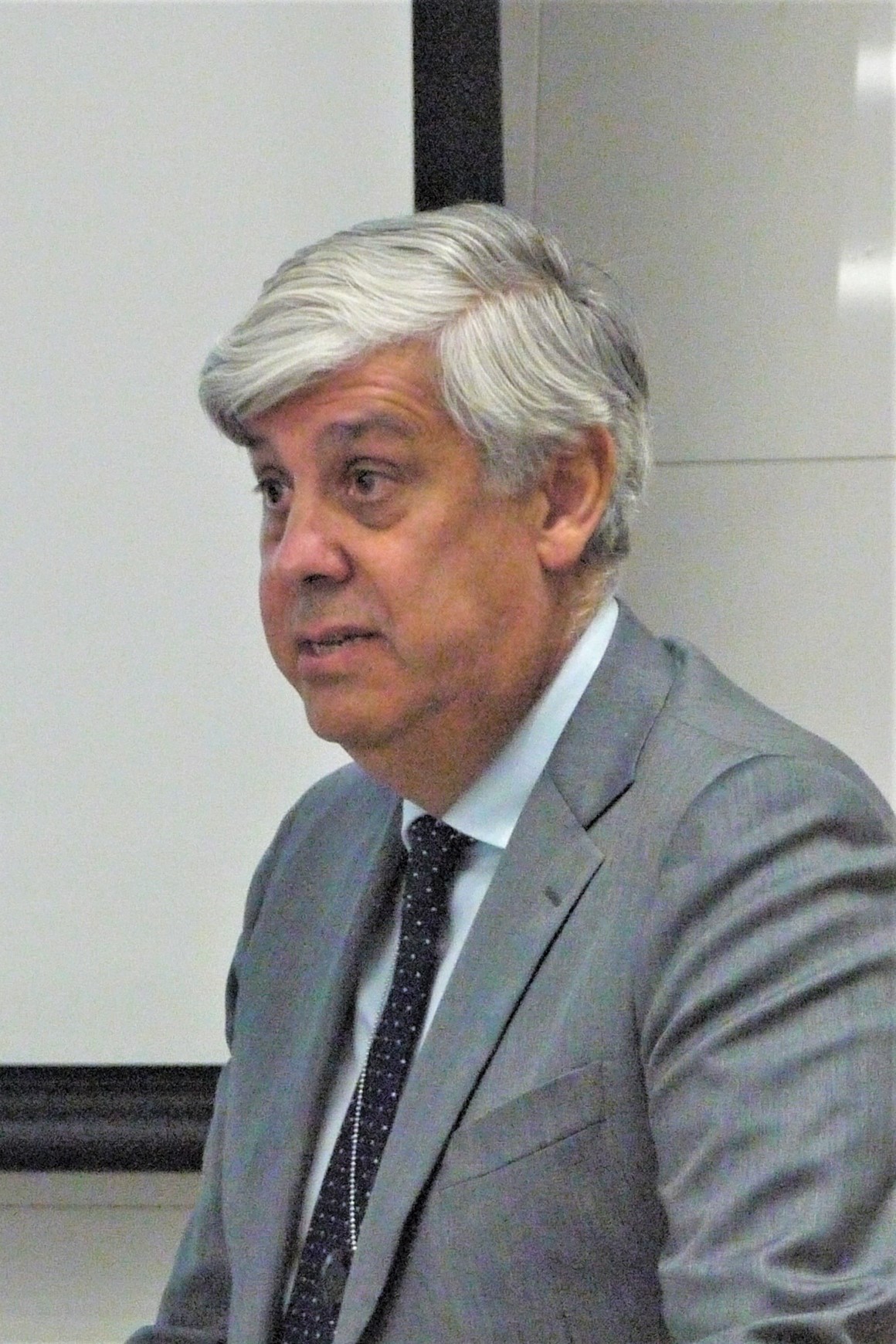
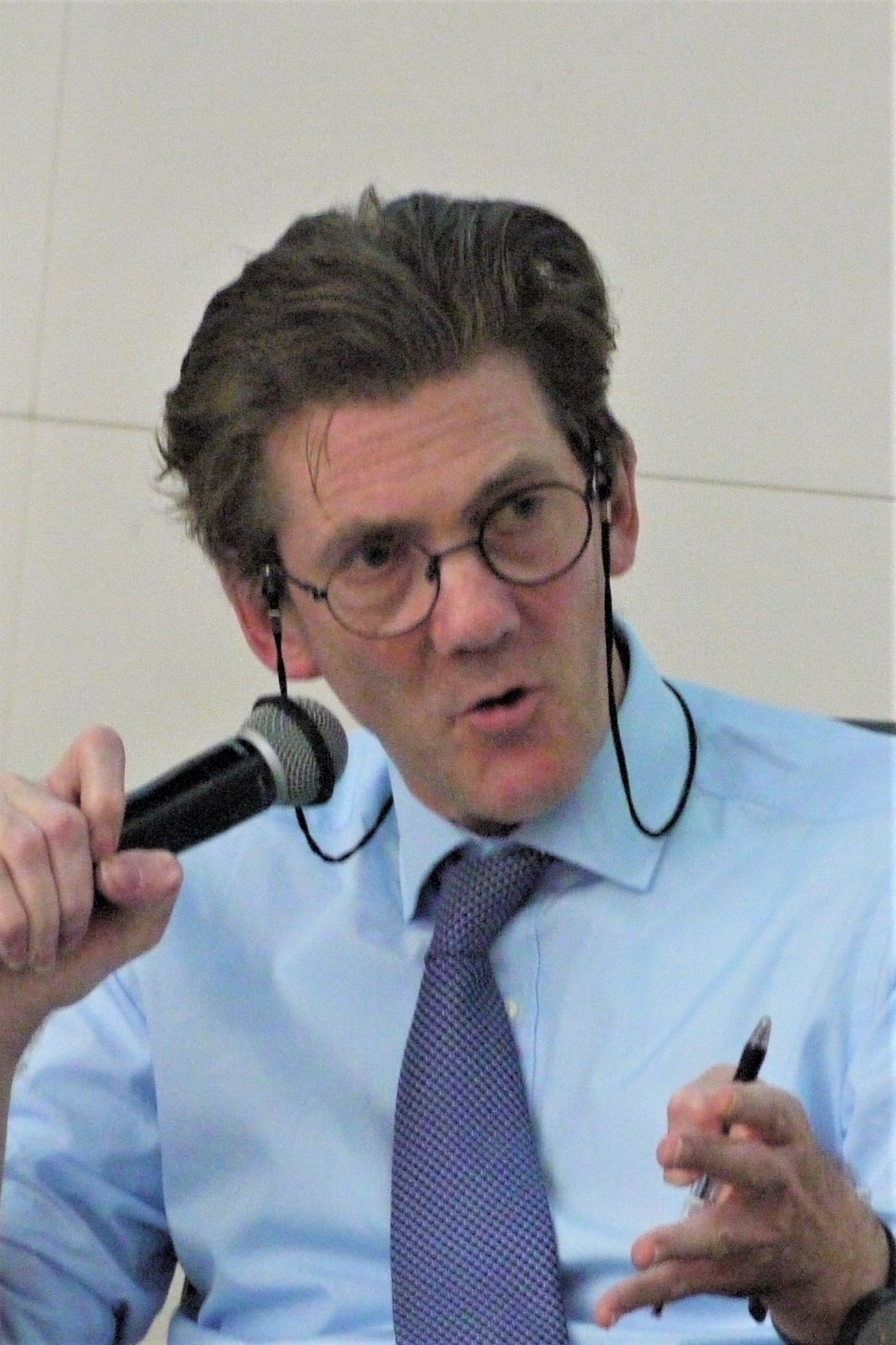
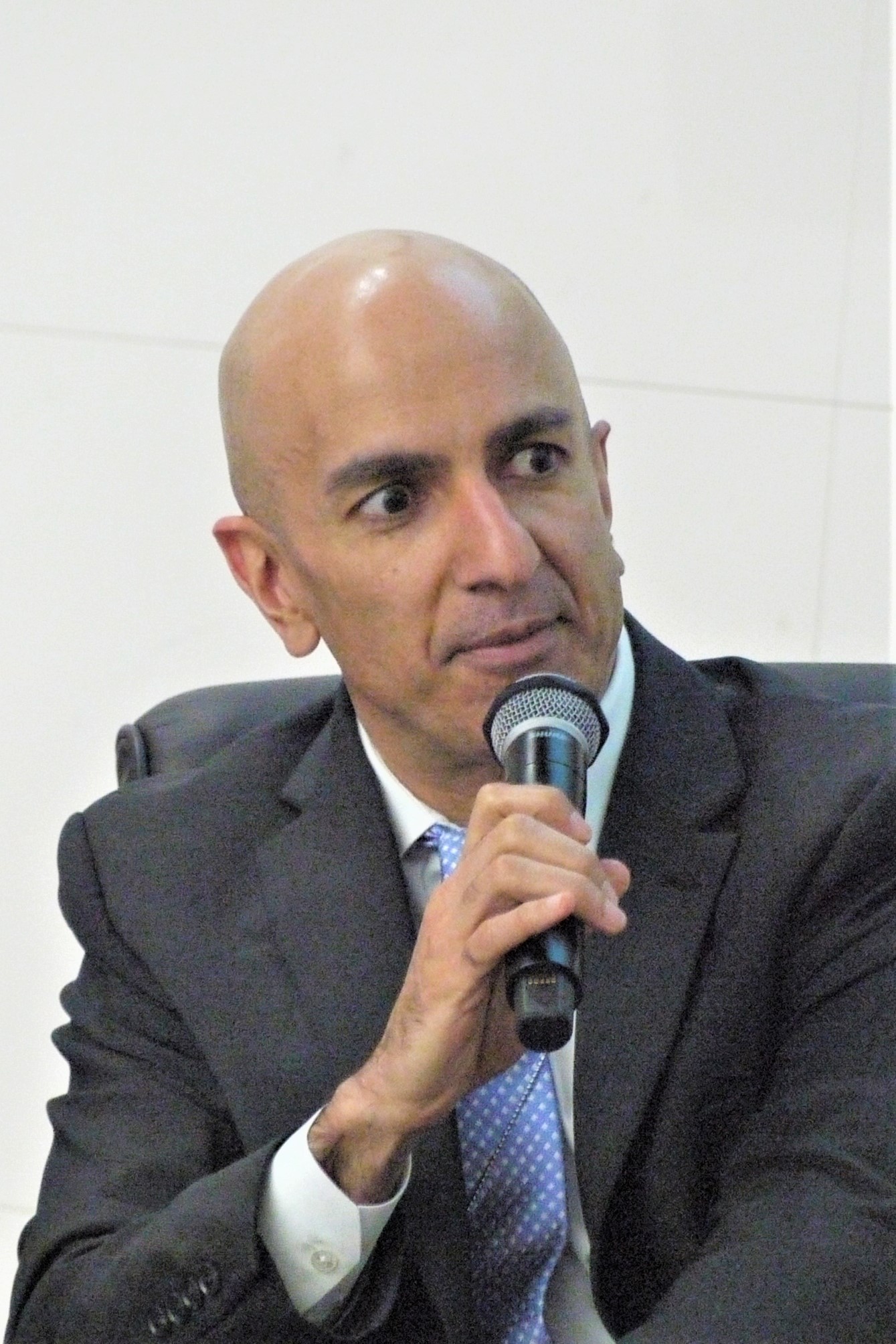
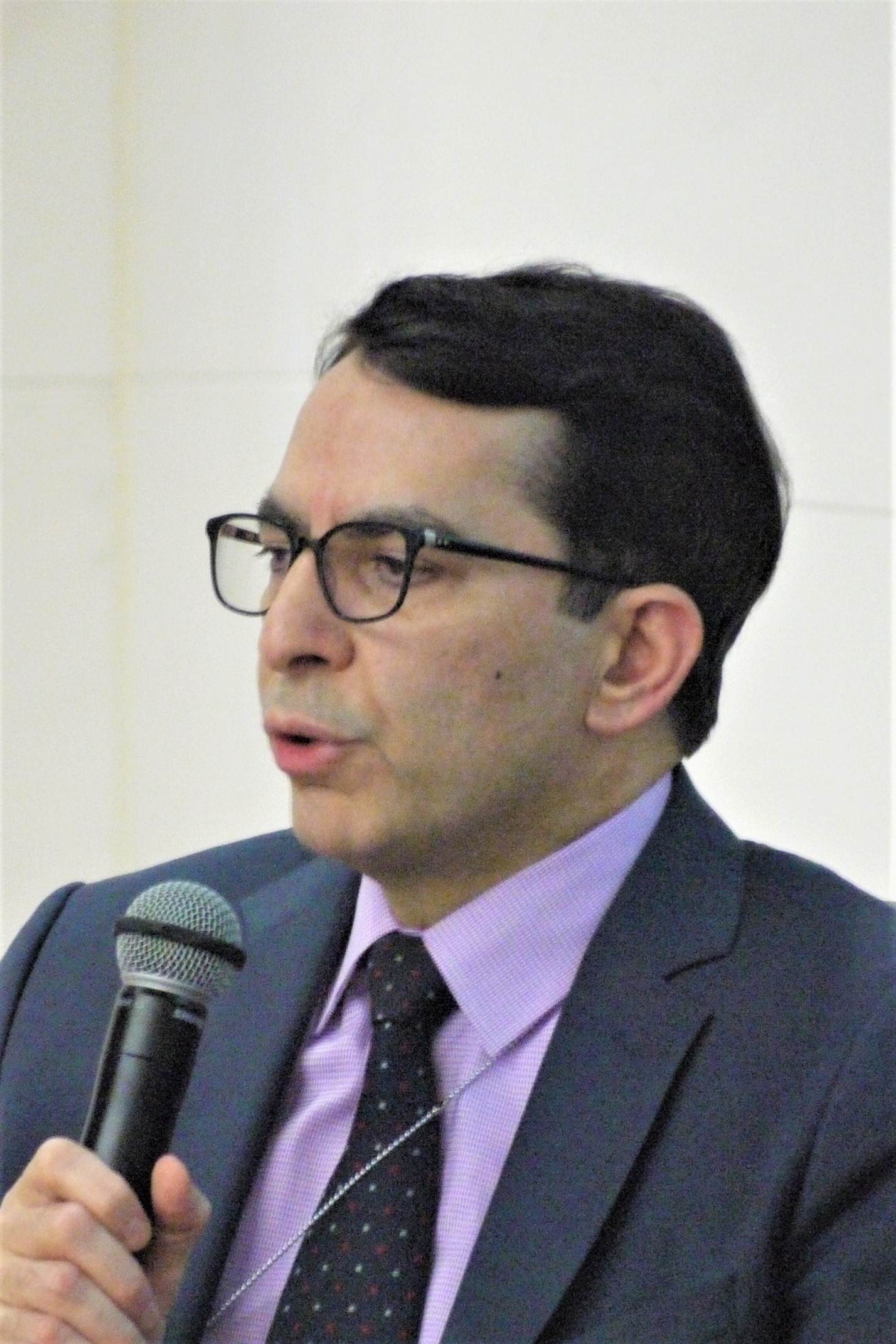

The second panel discussion, on "the global economy," was moderated by Christopher Waller (Governor, Federal Reserve Board), and featured five panelists: Pierre-Olivier Gourinchas (Economic Counsellor and Director of the Research Department, International Monetary Fund), Luc Laeven (Director General of DG Research, European Central Bank), Clare Lombardelli (Deputy Governor, Bank of England), Eli M. Remolona, Jr. (Governor, Bangko Sentral ng Pilipinas), and Shinichi Uchida (Deputy Governor, BOJ). They discussed monetary policy in a global economy.
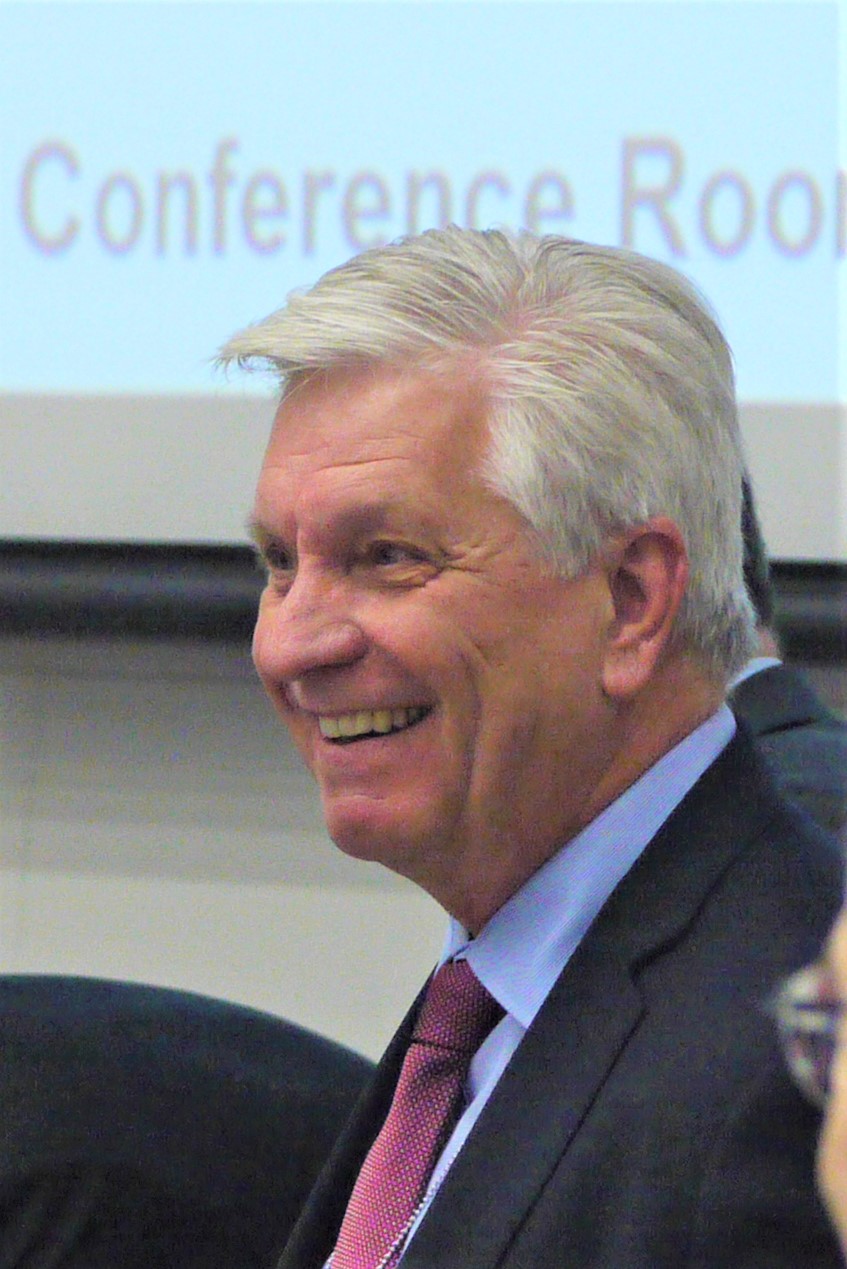
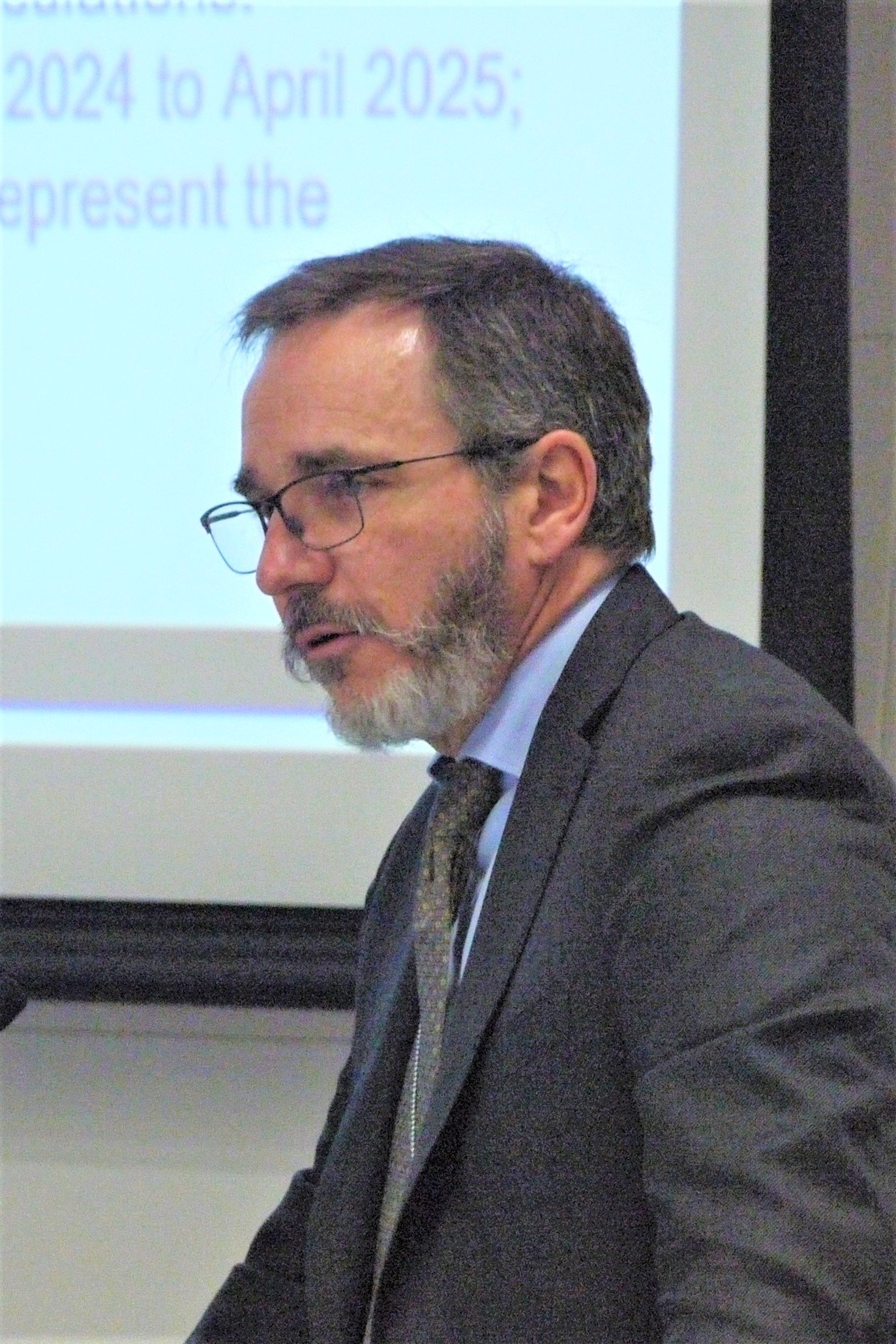
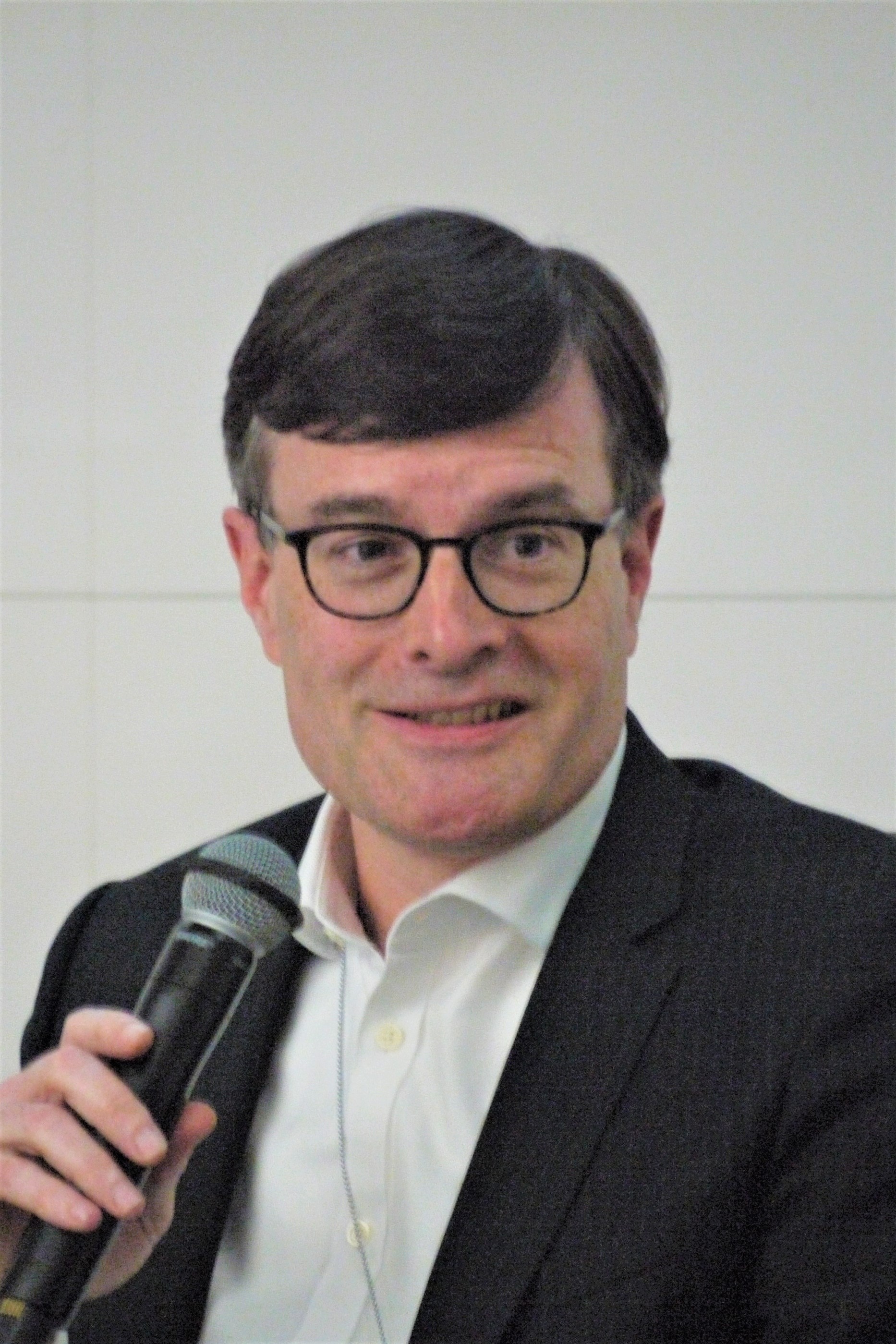
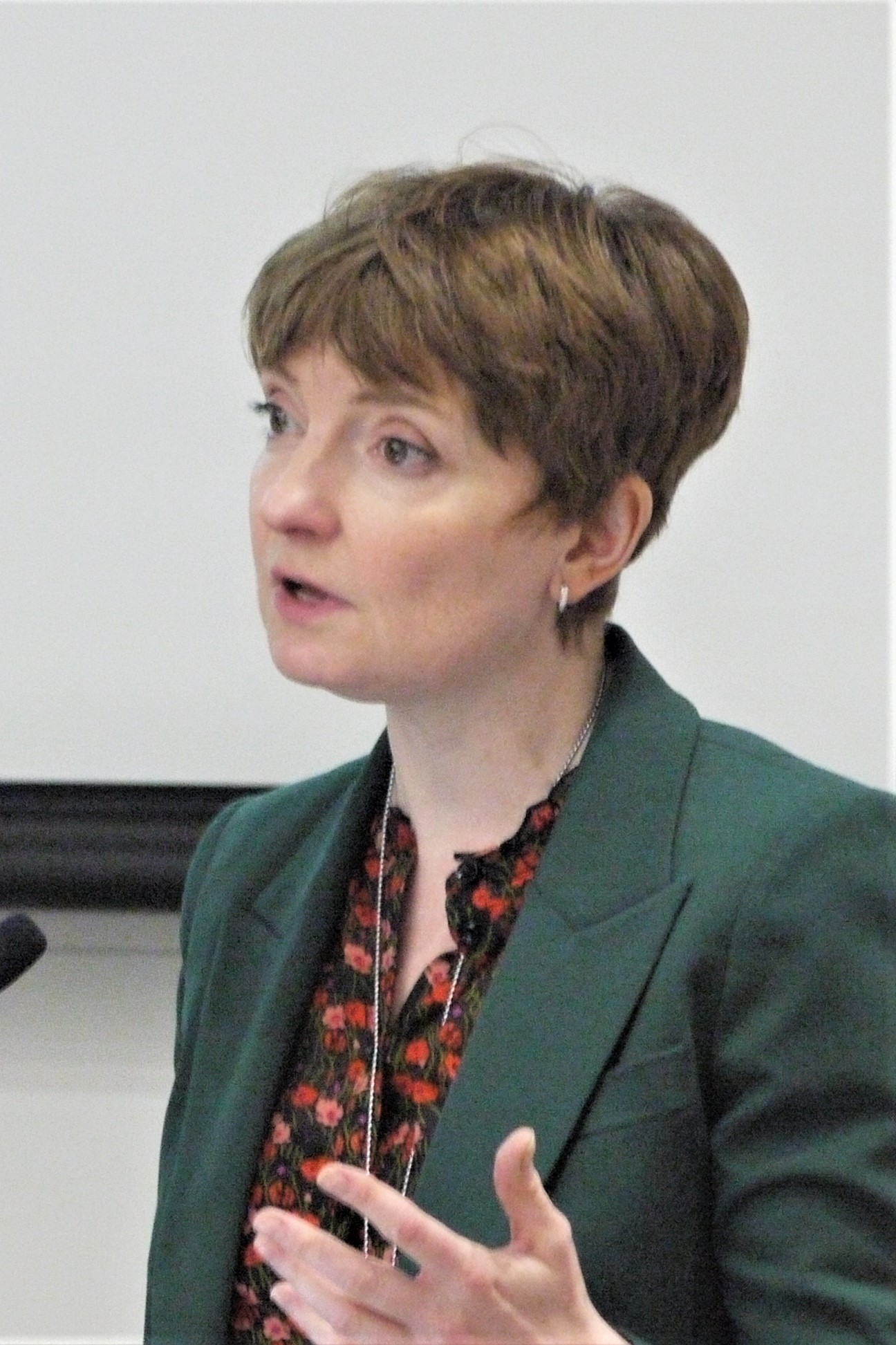
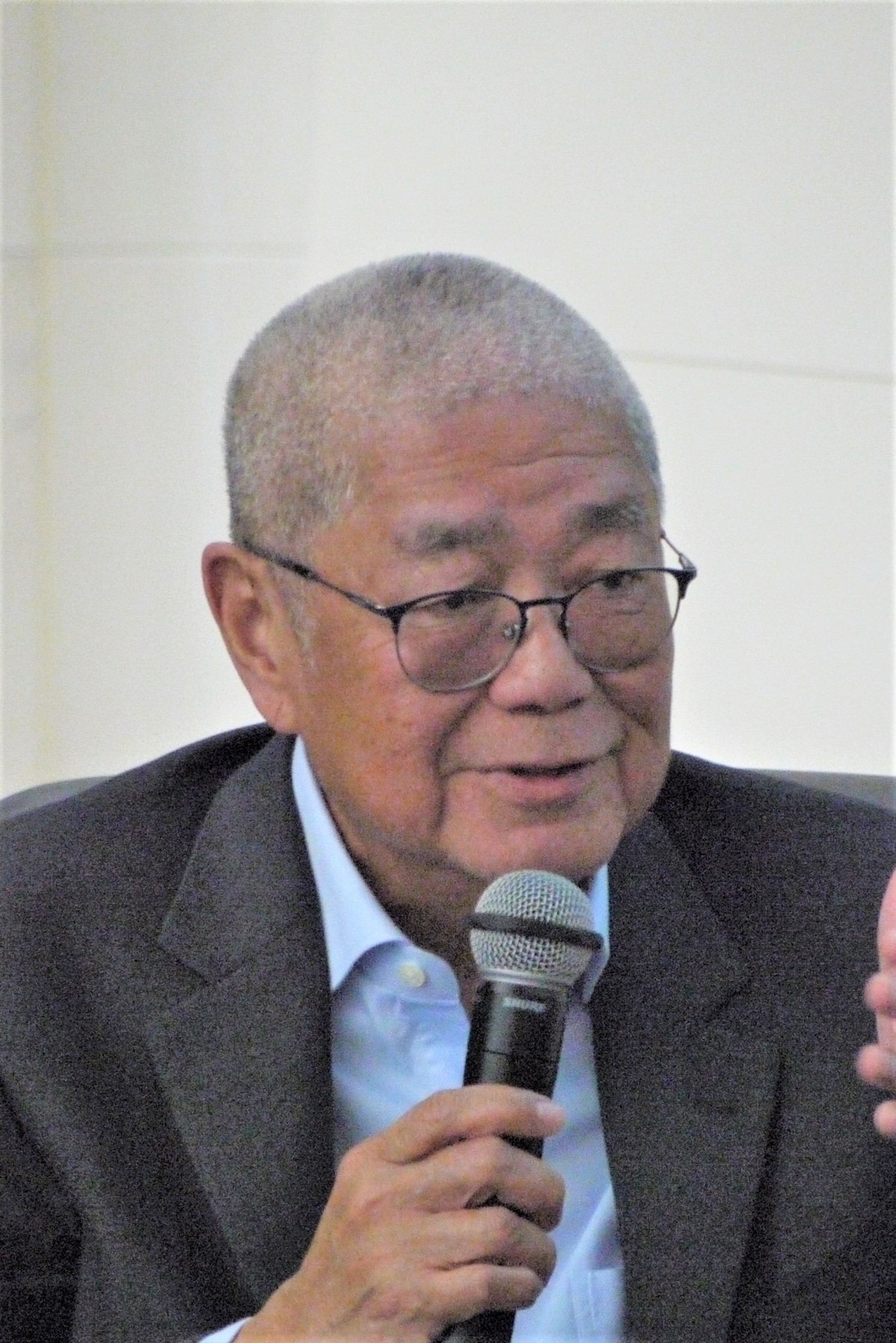
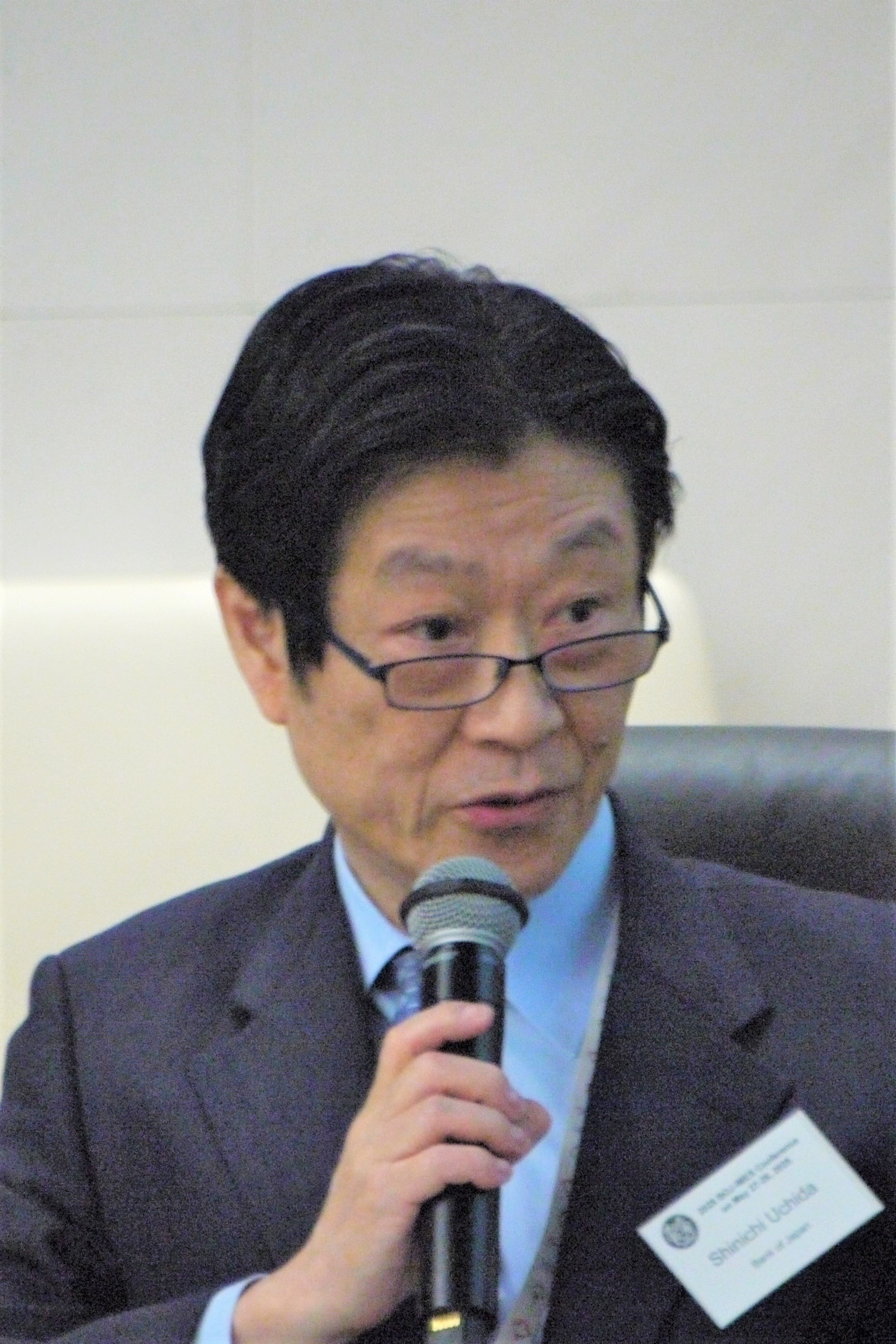
* The titles and information in these newsletters are as of the time of the conference.
